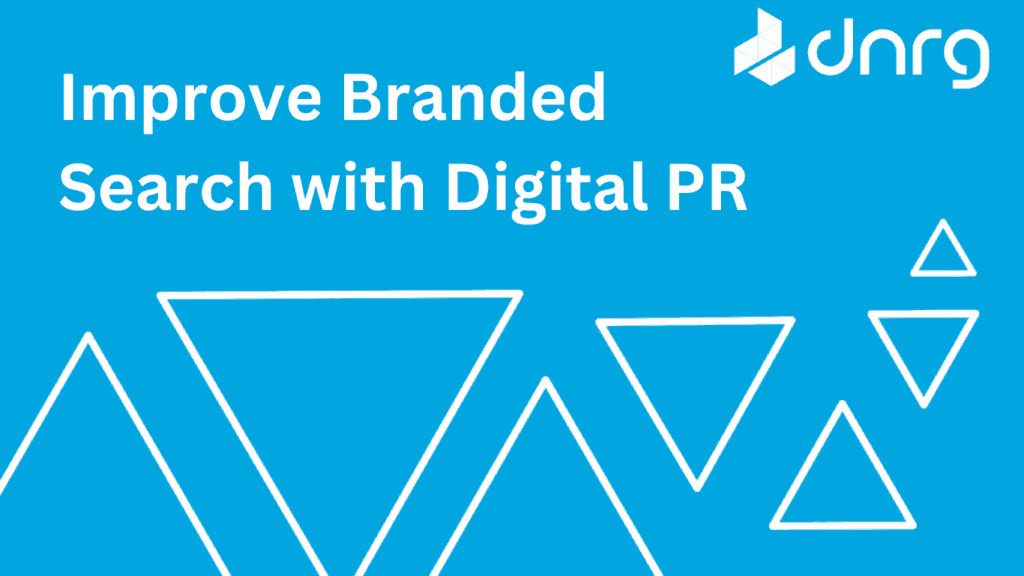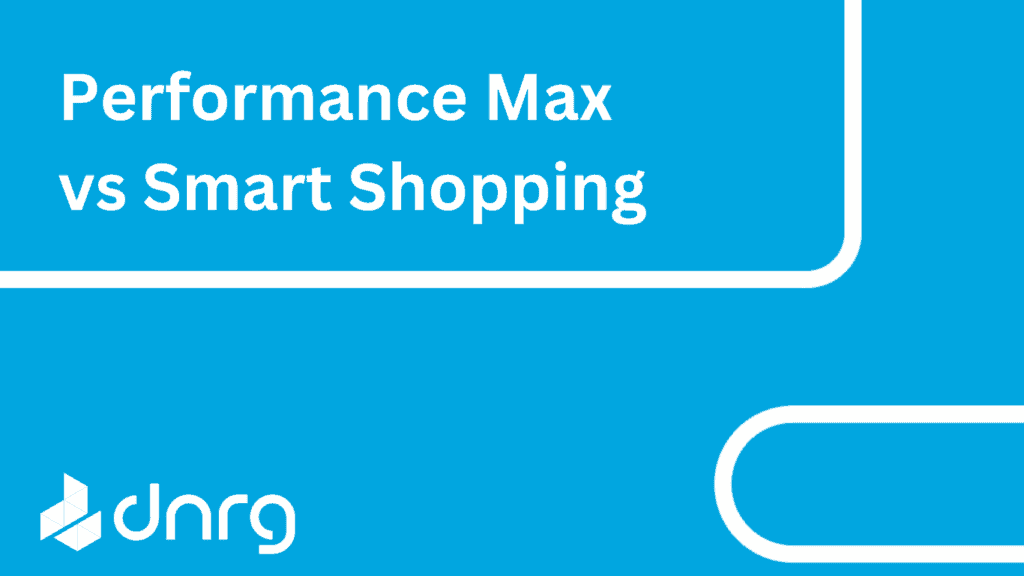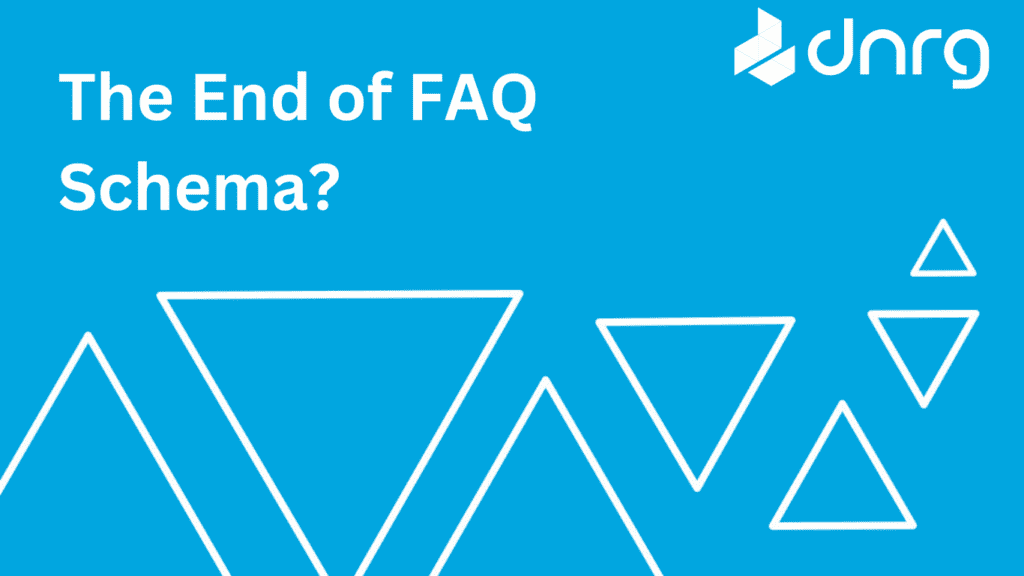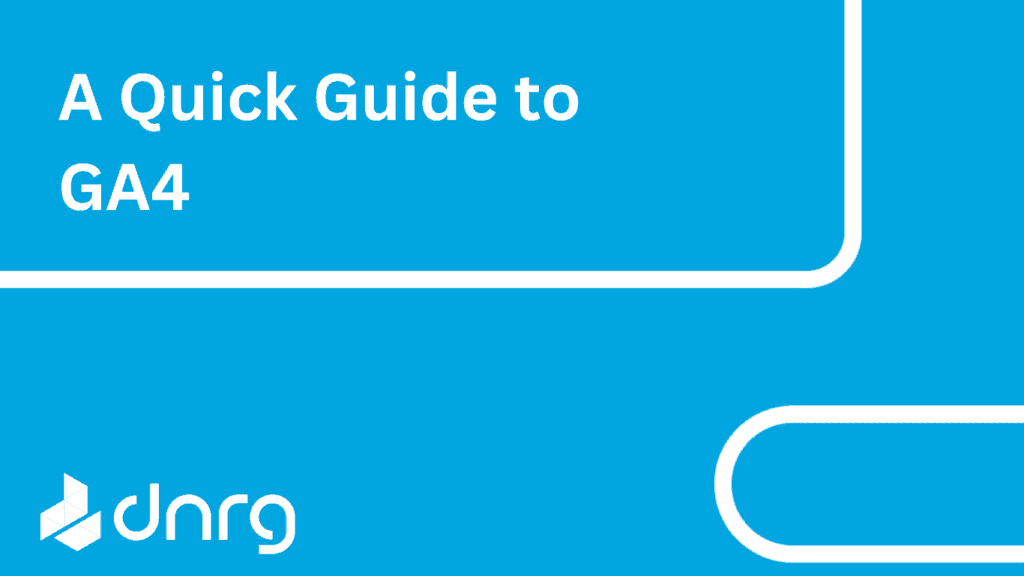Semantic SEO, How Does It Affect SEO?
SEO has come a long way from when it started and increasingly more and more content is fighting for the chance to be in the Google organic search results. There are so many different pieces of content out there it can seem impossible to stand out amongst the crowd, but now you can by focusing more on the newcomer that is Semantic SEO.
If you are confused don’t worry we are here to help; Every year SEO becomes even harder than the year before. For the majority of people, SEO can be confusing and not many people actually know what it is. However, SEO professionals understand that SEO is ever-changing and you will have to adapt with it or you run the risk of being left behind. There are always new rules and new algorithms coming out every single day. This brings us on to the topic of semantic SEO. What is it, how does it work and what impact can this have on your SEO campaigns? This article will answer just that whilst providing you with actionable tips for campaigns.
What is Semantic SEO?
Firstly, what is Semantic SEO? It is the process of optimizing your content to give you a more meaningful result. You can do this by building more meaning into the words you use in your content. This means that you’re optimizing the content for the true intent of the user. Searcher intent is vital in all forms of marketing, understanding your audience and customer is not only key for Search Engines but the people who will be reading the content produced too. You will go more in-depth than just answering the first query by answering every query after that as well. Going this far in-depth will give your content value to a user. Google’s main aim is to provide searchers with a site that accurately answers their question and query.
When focusing on Semantic SEO you will not need to use exact keywords and phrases which are used in a query. You will have to establish the meaning behind the words which are used in the query instead, going that extra mile and really getting to the intent of searchers.
How Does Semantic SEO Work?
Search engines using Semantic SEO results in less spam, a better understanding of natural language and also the intent of a searcher. This will ultimately lead to a better experience for the user. The use of Semantic search first started with 2012’s ‘Knowledge Graph’. This was Google’s first step in developing the importance of context over keyword strings. The Knowledge Graph collected information considered public domain such as “The cast of Harry Potter” or “The distance to Mars” as well as properties of each entity such as peoples birthdays, occupations, age etc.
So how does Google actually do this?
 \
\
An entity helps computers understand everything you know about a person, organisation or a place that is mentioned in a document. All these facts are presented in statements. Through entities, you can create a meaningful relationship which can be understood and read by the search engines. This is what Semantic SEO will allow you to achieve. Entities in simple terms are points of data which computers can use to analyse and translate the human language.
Then came Google’s ‘Hummingbird’ update in 2013. The algorithms main focus was to use context and search intent instead of individual keywords to make sure that pages that matched the meaning of the search would rank better than pages with exact keywords. It is a revolutionary idea by Google which has changed the way results are delivered to satisfy searcher’s experience.
This was then extended as Google launched ‘RankBrain’ which was a machine that took into consideration both rankings and query analysis. ‘RankBrain’s’ main aim was to understand the intent behind a users query. The main difference between ‘RankBrain’ and other updates was the machine learning component which means it is constantly learning and analysing the best performing search results as well as looking for similarities between pages that users would find very valuable. Fast forward to present day and this has developed drastically. Google now understands the intent behind searchers and will match sites accordingly. This stamped out the strategies of old where keyword-rich blogs were the way forward.
What Does Semantic SEO Do?
The main aim of Semantic SEO is to deliver more meaningful results to a searcher. This means that Semantic SEO can predict search queries, personalise a search for an individual, extract entities as results and refine a search query by establishing the context behind it. It is a big change in how SEOs approach content production. The old method of keyword, keyword and another keyword no longer works. Ensuring content is meeting searches requirements and intent is vital.
What Does It Mean For SEO?
To be able to rank in a semantic search you need to find out the meaning behind the keywords you are using and create content around them. This will put more emphasis on your keyword research. When people search for something on Google their aim is, of course, to find an answer, however, this search will be asked in a variety of ways depending on who is asking. The keyword research will determine which is the most popular way that people ask these questions and why.
For example: What could people mean if they search for the word “Gym”?
- Where is the nearest gym?
- Gym circuit videos.
- Different types of workouts for the gym.
- Gym classes.
- Outfits for the gym.
- Gym prices.
The list is endless, which means when you are planning your content you must plan it around answering the questions that are related to these keywords. When you are writing your content ask yourself, “ How does this answer the users question?.”
Writing Semantic SEO Content

Semantic SEO wants to find out the deeper meaning behind why a person is searching for content. Google provides us with a “related to search” option and a “people to ask” section. These sections are the perfect place to start when it comes to Semantic SEO and will help you broaden your knowledge on what else the searcher may want to know as well as their original query. Understanding the deeper meaning behind questions will unlock the questions that will follow and this is your key to success.
You need to ask yourself “Once the user finds an answer for the query, what questions will they want to know the answers to next?” Asking yourself this will give you an informative framework for a high-quality piece of content. Google is trying to anticipate the following query to be one step ahead at all times.
Semantic SEO and Voice Search
With nearly 40 million Americans now owning a smart speaker, what does this mean for Semantic SEO? It means it is quite a big deal! Voice queries differ from other searches. You will rarely find someone asking “cost of Fridge New York” instead, they might ask, “how much is a fridge in New York”. This difference is where semantic SEO comes in and ensuring that as SEO’s we unearth the intent behind searches and make sure the content produced meets this need.
Where do I start with Semantic SEO Content?
Keywords

Before you start writing your content it is important to do your relevant keyword research using traditional tools such as Google’s Keyword Planner Tool or KW Finder tool. After you have completed your traditional keyword research you should then move on to the related keyword research. All you have to do for this is to use your main keyword and paste it into the Google search bar which will then bring you a huge amount of information which is related to your main keyword. You will now understand the relevant topics surrounding the keyword which then gives you access to the deeper meaning behind the question.
Prioritise Searcher Intent
One of the best ways to prioritise searcher intent is to examine the queries that lead to your website, you will then be able to come up with a group of topics which are perfect for building content around. Once you understand the intent of your user you can start creating content which is directly targeted to these users instead of creating content around individual keywords. The search term report in search console is great for helping you find some of the keywords that are driving people to your site.
Keep It Natural
As mentioned above, Nowadays Siri, Alexa and other virtual assistants are becoming ever popular. Many people are enjoying the simplicity of voice search. When a person says a sentence to a virtual assistant, this is usually a longer phrase and is usually a question. You should always keep this in mind when you are writing your content. You will need to optimise your content by using sentences with a full meaning. Keep in mind that your sentences should provide a full meaning to a question and could stand alone.
Topic Related
When it comes to Semantic SEO it is important to remember that you are aiming to provide the most useful answer to a question. You should try and adapt your writing style to reach a broad topic range to help you cover subjects that are related.
User Experience is Key
The user experience should be at the forefront of your mind when it comes to SEO and semantic search. Google cares about user satisfaction and they are always changing their algorithm to create a satisfying experience for users.
For example, you can start looking into this by improving your page speed and by making sure your mobile site is optimized. This is especially important now that Google prioritises mobile sites for indexing and keep a close eye on session duration and bounce rate metrics.
The Main Advantage of Semantic SEO
Semantic Search first and foremost takes into consideration the user intent and data. The best results are those which are the most relevant and is one that aligns with the users intent. Google’s machine learning algorithm has trained itself to interpret what you as a search really want based on the millions of searches a day.
Semantic SEO Summary

Taking the time to understand how Google processes data is critical to SEO. Old school SEO tricks won’t make the cut any longer as search engines are getting a lot better at understanding context, user intent and the relationship between the two. In a nutshell, the content you create should be written and built with both searchers and search engines at the forefront of what you do. Your writing should be packed with high quality and relevant content targeted for searcher intent as well as being optimised for ranking and indexing.
Still need help? Let us enhance your digital landscape
As a leading digital marketing agency in Bristol, we are proud to serve businesses of all sizes in getting them converting online. We are one of few Google Premier Partners and Facebook Partners in the UK, with numerous industry partnerships that can help enhance your performance across a range of channels, including SEO, PPC, Paid Social and Web Development to name but a few. If you’d like to know more about what we can do to help you simply get in touch today.
.




